Blocked drains are a common household issue that can lead to unpleasant odours, slow-draining water, and even more severe plumbing problems. Traditional methods of dealing with blocked drains often involve harsh chemicals that can be harmful to the environment. Fortunately, there are eco-friendly solutions available that not only clear blockages effectively but also support a cleaner and greener home. In this blog, we will explore sustainable practices for dealing with drains, ensuring your home remains environmentally friendly while maintaining optimal plumbing health.
Understanding the Causes of Blocked Drains
Drains can be caused by a variety of factors, many of which are avoidable with proper maintenance and mindful practices. Common culprits include hair, soap scum, food particles, grease, and foreign objects that find their way into your plumbing system. Outdoor drains can become blocked by leaves, dirt, and other debris. Understanding these causes is the first step towards preventing blockages and adopting eco-friendly solutions.
Hair and Soap Scum
In bathroom drains, hair and soap scum are frequent causes of blockages. Hair strands can bind together with soap residue, forming clumps that impede water flow. Installing drain covers or screens can significantly reduce the amount of hair that enters your drains, making it easier to keep them clear.
Grease and Food Particles
Kitchen drains often suffer from blockages caused by grease and food particles. Pouring grease down the sink is a major no-no; instead, allow it to cool and dispose of it in the bin. Scrape food particles into the trash before washing dishes to prevent them from entering the drain.
Eco-Friendly Solutions for Clearing Blocked Drains
When faced with drains, many people reach for chemical drain cleaners. However, these products contain toxic ingredients that can harm aquatic life and pollute water sources. Here are some eco-friendly alternatives that are just as effective without the environmental impact.
Baking Soda and Vinegar
A classic combination for a reason, baking soda and vinegar can effectively clear minor blockages. Start by pouring half a cup of baking soda down the drain, followed by half a cup of vinegar. Cover the drain and let the mixture fizz for about 30 minutes. Finish by flushing the drain with hot water. This natural solution helps break down organic matter and clear the blockage.
Boiling Water
For minor blockages caused by grease and soap scum, boiling water can be surprisingly effective. Carefully pour a kettle of boiling water down the drain in stages, allowing the hot water to dissolve the build-up and clear the blockage. This method is simple, eco-friendly, and works well for less severe clogs.
Plunger
A plunger is a useful tool for clearing drains without the need for chemicals. By creating a vacuum, the plunger can dislodge the blockage and restore proper water flow. Ensure you use a plunger designed for the type of drain you are working on, whether it be a sink, toilet, or shower drain.
Preventative Measures for Maintaining Clear Drains
Prevention is always better than cure, and there are several eco-friendly practices you can adopt to prevent blocked drains in the first place. These measures not only protect your plumbing system but also contribute to a more sustainable household.
Regular Maintenance
Performing regular maintenance on your drains can help prevent blockages from forming. This includes periodically flushing drains with hot water to remove build-up and using natural cleaning solutions like baking soda and vinegar. Keeping an eye on your drains and addressing slow drainage early can prevent more severe blockages.
Composting Food Waste
Instead of washing food waste down the sink, consider composting it. Composting reduces the amount of waste that enters your plumbing system and provides nutrient-rich soil for your garden. It’s an eco-friendly practice that benefits both your home and the environment.
Mindful Disposal of Waste
Being mindful of what goes down your drains is crucial in preventing blockages. Avoid disposing of grease, large food particles, and non-degradable items like wet wipes and sanitary products in your drains. Educate your household on proper waste disposal to maintain clear and healthy plumbing.
The Benefits of Eco-Friendly Drain Solutions
Adopting eco-friendly solutions for drains offers numerous benefits beyond just clearing clogs. These practices are safe for the environment, protect your plumbing system, and can even save you money in the long run.
Environmental Protection
By choosing eco-friendly methods, you reduce the release of harmful chemicals into the environment. This helps protect water sources and aquatic life, contributing to a healthier planet.
Prolonged Plumbing Lifespan
Harsh chemicals can corrode pipes over time, leading to leaks and costly repairs. Eco-friendly solutions are gentler on your plumbing system, helping to prolong its lifespan and reduce the need for expensive maintenance.
Cost Savings
Preventative measures and natural cleaning solutions are often more cost-effective than commercial drain cleaners and emergency plumbing services. By maintaining clear drains and avoiding blockages, you can save money on repairs and replacements.
Conclusion
Blocked drainsare a common household issue, but they don’t have to be an environmental hazard. By understanding the causes of blockages and adopting eco-friendly solutions, you can maintain clear drains while supporting a cleaner and greener home. Simple practices like using baking soda and vinegar, regular maintenance, and mindful waste disposal can make a significant difference. Embrace these sustainable methods to protect your plumbing system, the environment, and your wallet.

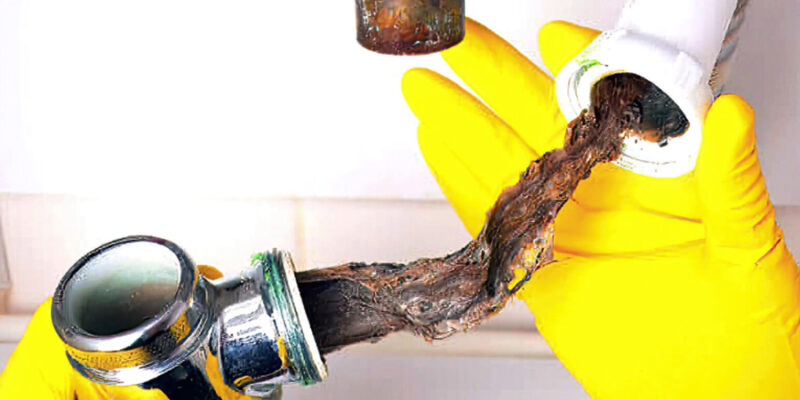
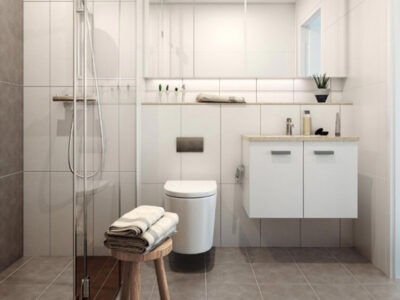
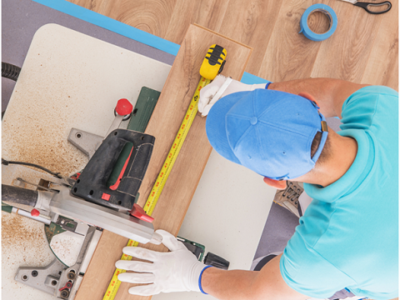

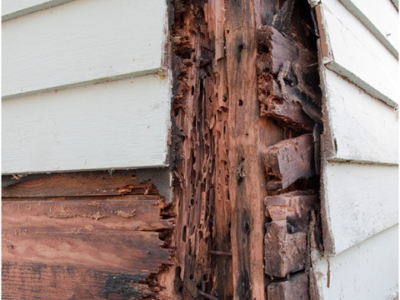
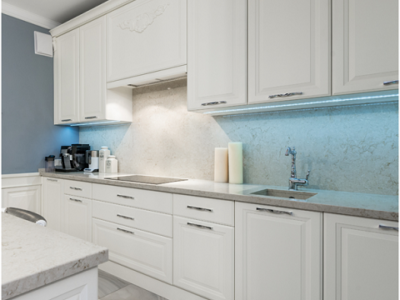
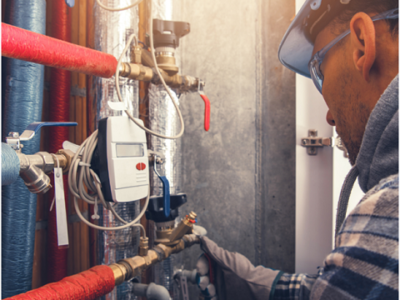
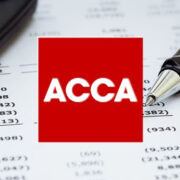



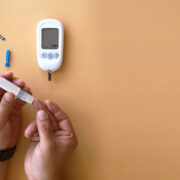

Comments